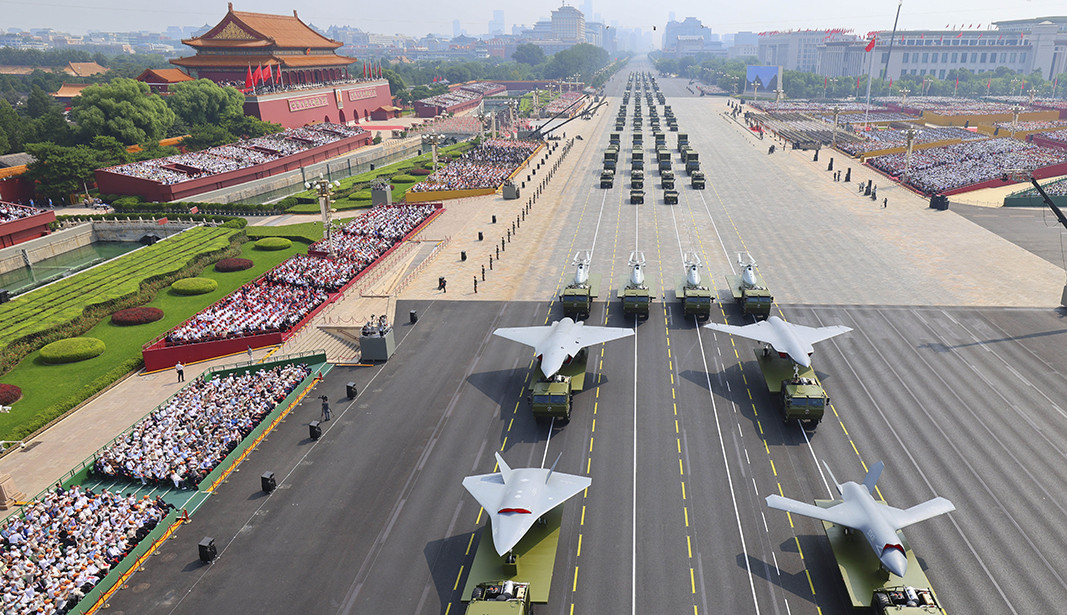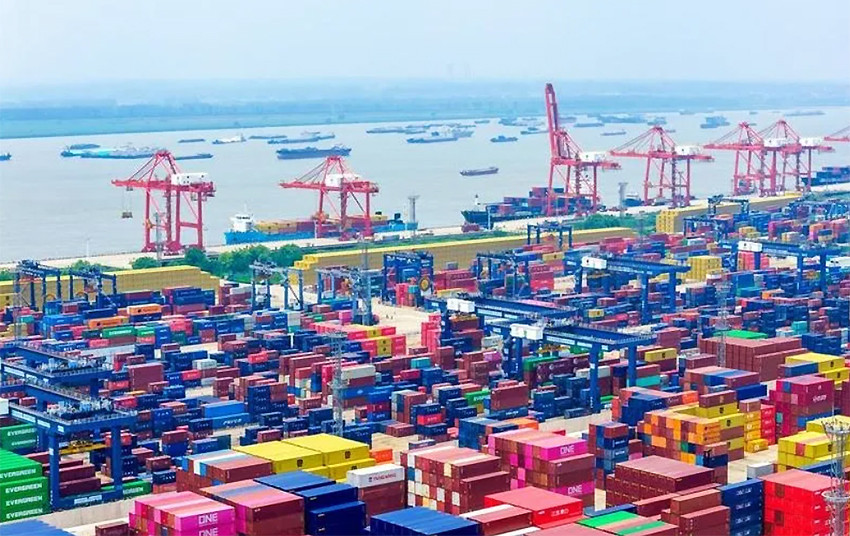The Celestial Empire, the “world’s factory”—that is China, the globe’s second-largest economy. The Asian powerhouse is actively expanding its economic reach worldwide, with the Belt and Road Initiative as the apogee of these efforts, through which Beijing invests both capital and influence in dozens of countries. A recent military parade of unprecedented scale underscored the country’s ambitions, displaying not only force but also economic capability.
But what of Bulgaria? How robust are the country's economic ties with China, and what steps is Sofia taking to strengthen trade relations?

Unfortunately, there are few. Economic relations along the Sofia–Beijing axis in recent years have developed largely to Bulgaria’s disadvantage, notes Lachezar Dinev, chairman of the Bulgarian–Chinese Chamber of Commerce and Industry, in an interview with Radio Bulgaria.
“Bulgaria’s relations with China have followed a rather unusual trajectory in recent years. In 2019, just before the pandemic, President Radev made a highly symbolic visit, during which our relations were elevated to the highest level—a ‘strategic partnership.’ For China, that is extremely significant. Following these meetings, there was a surge of enthusiasm, but then the pandemic struck, China closed its borders, and our economic ties have deteriorated sharply since then. Imports from China surged while our exports fell dramatically,” observes Dinev.

He provided figures showing that, in the first half of 2025 alone, Bulgaria’s exports to China had fallen by almost 40%, while imports from China had risen by a similar proportion. The association estimates that Bulgaria’s negative trade balance could reach 10 billion leva by the end of the year.
Investment flows from China to Bulgaria remain disappointingly low, particularly compared with neighbouring Serbia.
“Investments in Bulgaria are thin on the ground,” observes Dinev. “There are a few notable exceptions, such as Chepelare Ski, the Bulgarian ski equipment manufacturer. Years ago it was acquired by a Finnish company, which was subsequently absorbed by a group of Chinese investors: China’s largest technology giant, the biggest venture capital fund in Hong Kong, and the world’s largest sporting goods manufacturer—the producer behind many major global brands. Thanks to their involvement, Bulgaria became the second-largest producer of ski equipment in Europe three years ago.”

There is also a planned investment of nearly a billion euros by a Chinese company to manufacture aluminium chassis for Tesla vehicles in Bulgaria, specifically to circumvent EU import restrictions on third countries. However, Dinev notes that serious Chinese investments are otherwise scarce.
Chinese businesses also tend to avoid Bulgaria because, in many state tenders—such as for the purchase of trains—they are deliberately excluded through requirements for documentation that is recommended but not legally mandatory, and which European competitors happen to possess, often at significantly higher prices. Additional obstacles include a lack of predictability, frequent changes to laws and regulations, and a bloated bureaucracy.
Bulgaria imports solar panels, batteries and various types of electronics from China. But what does Bulgaria export to China?

“According to my latest data, Bulgaria imports nearly 4,000 product types from China, yet exports only around 750. In other words, the range of goods we export is far narrower in both value and volume,” notes Dinev.
Which products top the list of Bulgaria’s exports to China?
“Unfortunately, for years they have been almost exclusively raw materials. Copper cathodes were the leading export for many years, but this year we have shipped almost none. In second place is enriched ore. The volumes we send to China are enormous. We fill huge containers with ore and ship them there. These products are among the top ten exports from our country.”
In addition, Bulgaria sells goods with higher added value to China, such as thermostats, electrical panels, and various electrical components. Components for European cars produced in Chinese factories are also exported.
Dinev argues that the Bulgarian state does too little to promote the ‘Bulgaria’ brand in the Chinese market. Visa refusals are another obstacle: around 10% of Chinese applicants are denied entry, compared with roughly 1% of Bulgarians seeking to enter China. This, in turn, limits both tourism and investor interest in Bulgaria.

Citizens should remain calm about the introduction of the euro in Bulgaria from January 1, 2026, as the Bulgarian National Bank and commercial banks are ready for all processes related to the currency conversion and distribution of euro banknotes. This..
Bulgaria’s Ministry of Finance has published the draft state budget in euros for 2026. The country’s GDP is projected to reach EUR 120.1 billion, with an economic growth rate of 2.7%. Planned revenues amount to EUR 51.436 billion, or 42.8% of GDP...
In 2024, 8.2% of people aged 18 or over who declared to be at work (either employed or self-employed) in the EU were at risk of poverty, according to data from Eurostat, cited by the BNR's Horizont channel. In Bulgaria, this share reached 11.8%. The..

+359 2 9336 661
